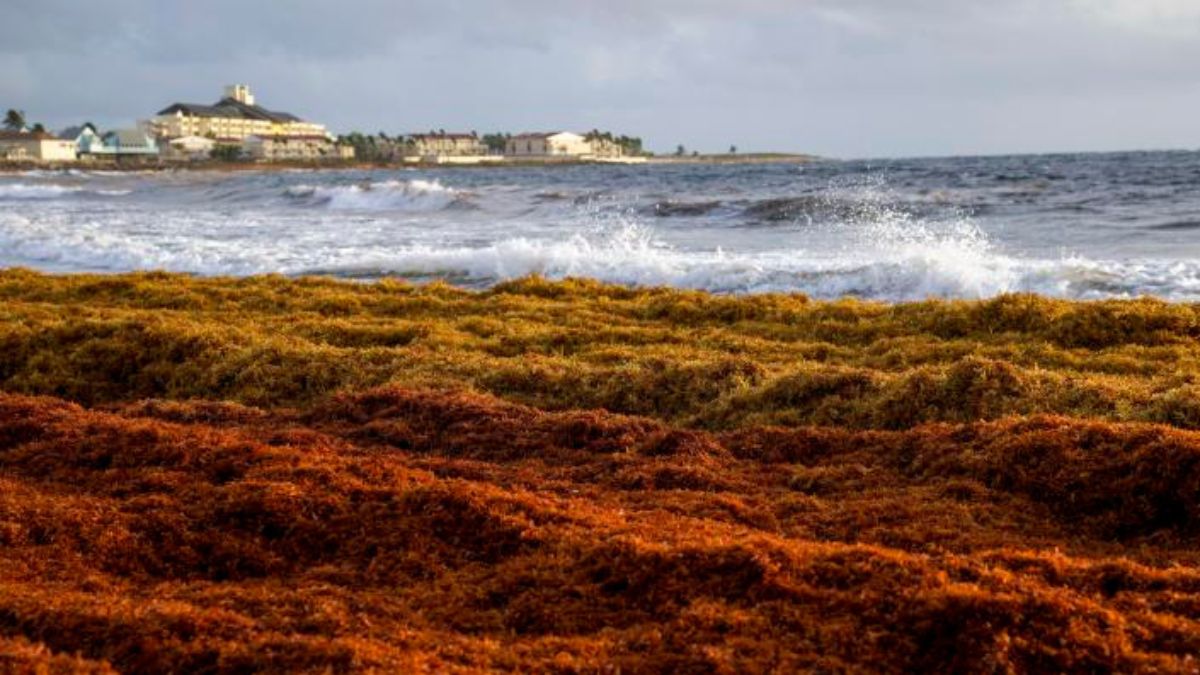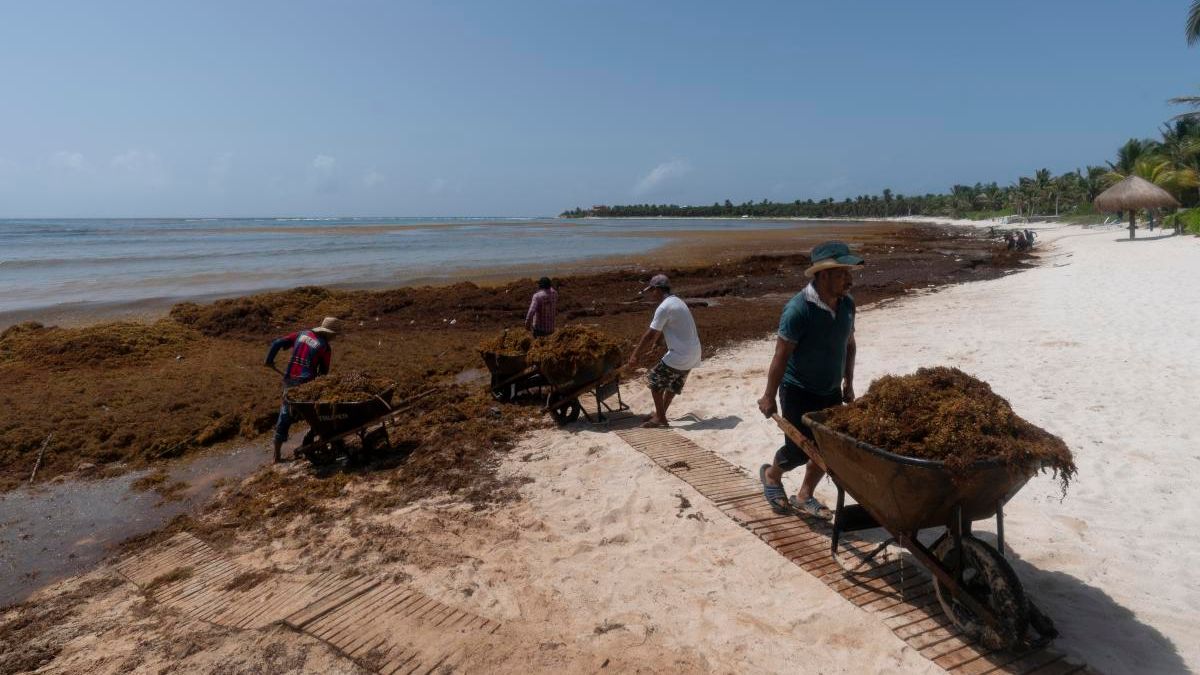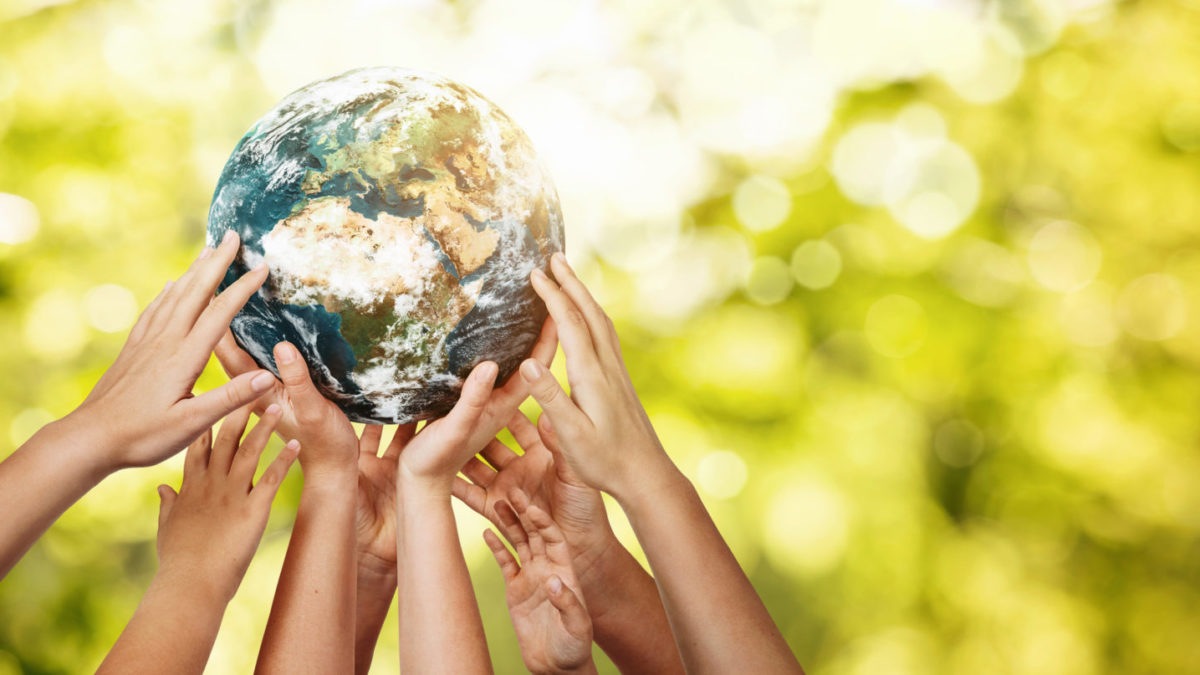Brown macroalgae that are native to the Atlantic's Sargasso Sea is becoming a problem for coastal ecosystems.
March 24, 2023 By Omal J

(Image Credit Google)
Image Credit: Yahoo
Since mats of the typically helpful seaweed (known as sargassum) exploded in number in 2011, a brown macroalgae native to the Atlantic's Sargasso Sea has become a growing threat to coastal ecosystems and communities throughout the Gulf of Mexico. This is the setting for Carbonwave, a company that recently raised $5 million to make use of the massive algae blooms.
According to researchers, the now 5,000-mile-wide "Great Atlantic Sargassum Belt" is probably being driven by farm and sewage runoff. A contributing factor could be the changing climate.
There’s no need to flee screaming from sargassum, despite the tone of some headlines chronicling the Florida-bound blooms. Still, they pose a threat to coral reefs and tourism-dependent livelihoods alike. When the debris accumulates up on beaches, it rots, generating skunky hydrogen sulfide.
The recent sargassum surges are forcing people to come up with novel ways to get rid of it, and there are already a wide range of potential uses. Researchers and businesses hope to transform it into syrup, bricks and perhaps jet fuel. About Carbonwave, the startup with offices in Boston and Puerto Rico uses it in fertilizer, cosmetics, and even imitation leather.
Supported by ESG-themed investment companies Natixis and Viridios Capital, as well as ocean-focused VC Katapult, Carbonwave believes the fresh financing will help them increase manufacturing of its seaweed-based emulsifier for cosmetics. The startup said in a statement that it “has already sold half a ton” of its emulsifier, which it created as an alternative to petroleum-based ingredients. The business also claimed that its sargassum fertilizer “reduces the requirement of” climate change-driving nitrogen fertilizer.
 Image Credit: Yahoo
Image Credit: Yahoo
A number of startups, including Carbonwave, are vying to use algae to create products that are more environmentally friendly. For starters, there’s H&M-backed Algiknit (now Keel Labs), which manufactures textiles; a host of bioplastics firms, including Loliware and ULUU; and a startup called Umaro, which makes sea-bacon. Most seaweed startups concentrate on some aspect of commercializing kelp, but a few (such as Carbonwave and Seaweed Generation) concentrate on sargassum.
“We need to put it to good use before it creates more ecological and climate harm,” Carbonwave told TechCrunch.
The startup added that it might later raise more money to increase its $5 million Series A. It has secured at least $12 million to date.
By Omal J
I worked for both print and electronic media as a feature journalist. Writing, traveling, and DIY sum up her life.


 Image Credit: Yahoo
A number of startups, including Carbonwave, are vying to use algae to create products that are more environmentally friendly. For starters, there’s H&M-backed Algiknit (now Keel Labs), which manufactures textiles; a host of bioplastics firms, including Loliware and ULUU; and a startup called Umaro, which makes sea-bacon. Most seaweed startups concentrate on some aspect of commercializing kelp, but a few (such as Carbonwave and Seaweed Generation) concentrate on sargassum.
“We need to put it to good use before it creates more ecological and climate harm,” Carbonwave told TechCrunch.
The startup added that it might later raise more money to increase its $5 million Series A. It has secured at least $12 million to date.
Image Credit: Yahoo
A number of startups, including Carbonwave, are vying to use algae to create products that are more environmentally friendly. For starters, there’s H&M-backed Algiknit (now Keel Labs), which manufactures textiles; a host of bioplastics firms, including Loliware and ULUU; and a startup called Umaro, which makes sea-bacon. Most seaweed startups concentrate on some aspect of commercializing kelp, but a few (such as Carbonwave and Seaweed Generation) concentrate on sargassum.
“We need to put it to good use before it creates more ecological and climate harm,” Carbonwave told TechCrunch.
The startup added that it might later raise more money to increase its $5 million Series A. It has secured at least $12 million to date.






